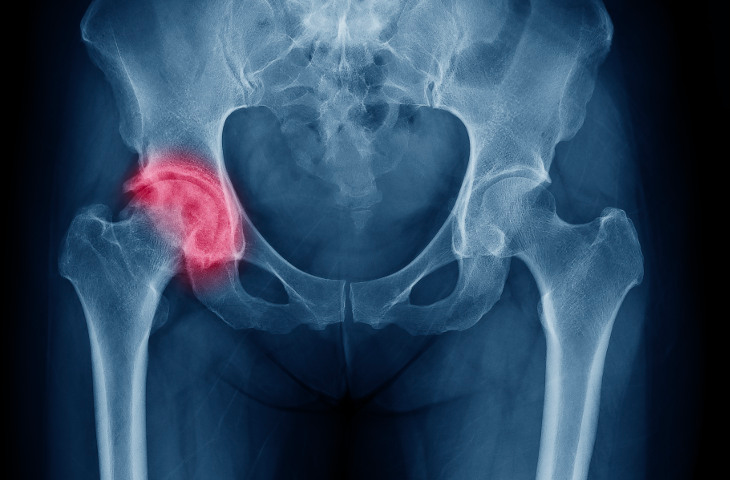Labral Tear Removal
An arthroscopic procedure performed to remove torn labral tissue that is not amenable to repair. Two or three small incisions are made around the hip. An arthroscopic camera and instruments are introduced into the joint and used to identify the torn labrum. An arthroscopic shaver is then used to remove torn tissue leaving a smooth, uniform surface.

Common Questions About Arthroscopic Labral Tear Removal
What is a labral tear?
A labral tear is a tear in the soft tissue of a socket joint that normally supports and keeps in place the ball of the femur. Labral tears do not heal on their own and without surgery, movement can be limited and painful. If labral tears are not repaired or removed it can lead to early onset arthritis.
What are some symptoms of a labral tear of the hip?
Symptoms of a labral tear of the hip include locking, or clicking noises in the hip joint. Additionally, you may feel pain in the hip or groin area as well as experience reduced range of motion.
What is the surgical process like?
For a labral tear removal, the surgeon makes 2-3 small incision on the hip and and removes the frayed and damaged portions of the labrum.
How long is the recovery process?
The recovery process for labral tears of the hip can be from 4-6 months. Patients start attending physical therapy when instructed by their physician and continue for the duration of their recovery process.










